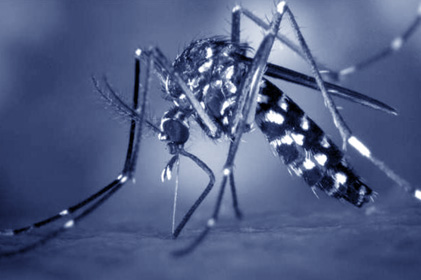Dengue is a viral disease transmitted by some types of mosquitoes. It is widespread across Asia, the Pacific, Central and Southern America and Africa where these mosquitoes exist. Dengue outbreaks occur each year in north Queensland following cases imported from overseas. Dengue does not spread from person to person and is transmitted through the bite of an infected mosquito.
There are four types of dengue viruses known to cause disease in humans ━ dengue 1, 2, 3 and 4. A person infected with one type of dengue will only become immune to that type. They will not be immune to other types of dengue, and could be at higher risk of severe disease if they contract another type.
What are the symptoms?
Dengue causes illness that can range from a mild fever to a severe, even fatal condition. Some people, particularly young children, may have no symptoms; however, most adults and older children get sick. The disease lasts about a week.
Typical symptoms include:
● sudden onset of fever
● intense headache (especially behind the eyes)
● muscle and joint pain (ankles, knees and elbows)
● loss of appetite, vomiting, diarrhoea, abdominal pain, a metallic taste in
the mouth
● flushed skin on face and neck, fine red skin rash as fever subsides
● rash on arms and legs, severe itching, peeling of skin and hair loss
● minor bleeding (nose or gums) and heavy menstrual periods
● extreme fatigue
A small proportion of cases can progress to severe dengue (sometimes called dengue hemorrhagic fever and dengue shock syndrome), which can occur in both adults and children. A rapid deterioration can occur 2-5 days after onset of fever. The complications of severe dengue can lead to collapse and sometimes death.
Anyone showing symptoms of dengue should see a doctor as soon as possible.
(Source: Australia Department of Health)
